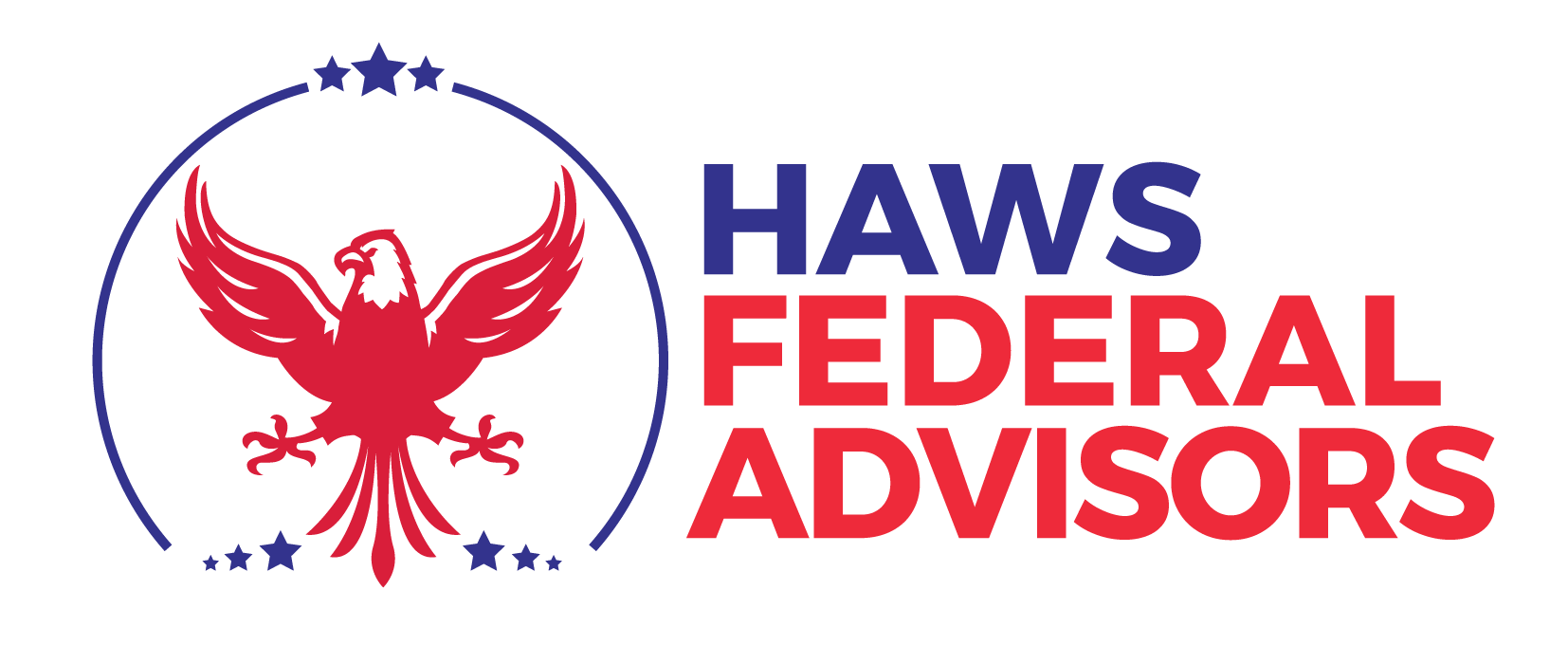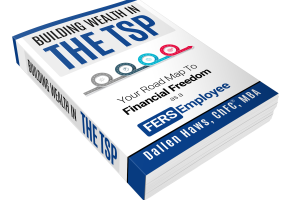Do you want to retire early or at least have the option to retire early?
If so, you are not alone.
Many studies are now showing that many Americans want to retire earlier than ever.
But as a federal employee, is early retirement even possible?
It sure is. And there are 3 ways to make it happen.
We’ll discuss all 3 below.
What is a Normal Retirement?
But first, we have to nail down what a normal retirement is before we can retire early.
For a traditional FERS employee, you have to meet one of the following criteria to retire with a ‘normal’ retirement.
-Be at least your MRA (minimum retirement age) and have at least 30 years of service
-Be at least 60 with at least 20 years of service
-Be at least 62 with at least 5 years of service
Your MRA is based on your birth year per this chart.
So if you’d like to retire before you meet one of these criteria then you’ll want to look at one of the 3 options for early retirement.
3 Ways Federal Employees Can Retire Early
Here are the 3 main ways a federal employee can retire early and we’ll discuss in depth the pros and cons of each below.
-Early Out Retirement (VERA)
-MRA+10 Retirement
-Deferred Retirement
And here is a graphic summarizing the main pros and cons of each type:
Early Out Retirement (VERA)
An Early Out Retirement is the common name for a VERA or Voluntary Early Retirement Authority.
This type of retirement is only available when an agency is restructuring or downsizing to some degree and wants to get people off their payroll.
Consequently, even if you would love to retire under VERA, you may not be given the chance.
But if you were offered an early out retirement, you’d have to meet on the following to be eligible:
-Have at least 20 years of service and be at least age 50 or
-Have at least 25 years of service at any age
Pros for an Early Out Retirement
You can start receiving pension right away.
You can often stay covered under your federal health, life, dental, and vision insurance into retirement if desired.
You would start receiving the FERS supplement starting at your MRA and ending at age 62.
You may receive a VSIP (a buyout, aka a lump sum check to retire early) as well.
Cons for an Early Out Retirement
Not everyone will be offered an Early Out.
If you take an early out retirement you will have fewer years of service then you would have if you would have stayed until you were eligible for a normal retirement. And fewer years of service means a smaller pension.
An early out retirement is often the most attractive option to retire early as a federal employee but again, not everyone will be offered the opportunity.
For an in depth guide about an early out retirement, check out this article.
MRA+10 Retirement
To be eligible for an MRA+10 retirement you have to meet the criteria below:
So as you can see, while this type of retirement can allow you to retire before a ‘normal’ retirement, the earliest you could use this type of retirement is your MRA (minimum retirement age).
Pros of MRA+10 Retirement
You can retire early and get a pension right away
You can often stay covered under your federal health, life, dental, and vision insurance into retirement if desired.
Cons of MRA+10 Retirement
Your pension will be reduced by 5% for every year (or 5/12 of a % for every month) that you retire before age 62. For example, if you retired at 57 with only 20 years of service then your pension would be reduced by 25% because you retired 5 years before age 62.
You can avoid this reduction by taking a postponed retirement but there are some serious downsides there as well.
To learn more about if a MRA+10 Retirement makes sense for you, check out this article.
Deferred Retirement
A deferred retirement is often the least desirable option to retire early but it can make sense depending on your situation.
You are eligible for a deferred retirement if you have all of the following:
-Have at least 5 years of creditable civilian service
-Leave your FERS retirement contributions in the system
-Are under age 62
Note: If you are age 62 or older, you are eligible for an immediate retirement which is better for a number of reasons. In general, the benefits under a deferred retirement are not as good as you’d get under other types of retirement such as an immediate, postponed, or MRA +10 retirement.
As the name suggests, a deferred retirement allows someone to leave federal service but they would not start drawing a pension until later. The age at which you’d be able to start your pension is determined by how many years of service you had when you left.
-With 5 years of service, you can start your deferred pension at 62
-With 20 years of service, you can start your deferred pension at 60
-With 30 years of service, you can start your deferred pension at your MRA
-With at least 10 years of service, you can start your deferred pension at your MRA (minimum retirement age) but with a reduced pension.
Pros for a Deferred Retirement
The eligibility requirements are relatively easy to meet
You can draw a pension at a later time
Cons for a Deferred Retirement
You CANNOT keep your insurance into retirement.
You won’t get a pension right away.
You can learn more about a deferred retirement here.


